A WRITER'S WIT
“I went to jail to preserve the time-honored principle that a journalist must respect a promise not to reveal the identity of a confidential source. The principle was more important to uphold than my personal freedom.”
Judith Miller
Born January 2, 1948
The Big Middle
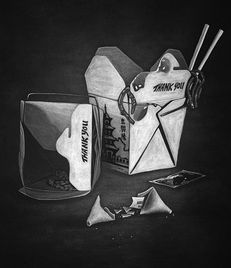 Adam Stennett
Adam Stennett Adam Stennett, Illustrator
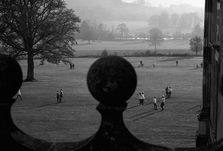 Eve Arnold
Eve Arnold Eve Arnold, Photographer
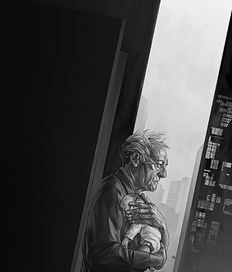 Martin Ansin
Martin Ansin “When he left the apartment, he locked the door quietly behind him, and on his back he carried his mother, with her blue ankles, and his stooped father, and their parents, too, dead in a trench at the edge of a pine forest” (64). The crux of Brodman's life: “He had allowed himself to be crushed by duty. He had failed to fully become himself, had instead given in to ancient pressures” (65).
Martin Ansin, Illustrator
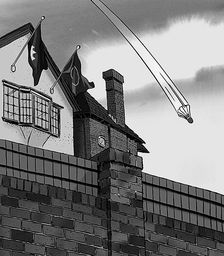 Zohar Lazar
Zohar Lazar Zohar Lazar, Illustrator
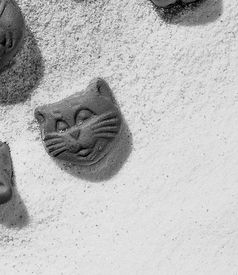 Grant Cornett
Grant Cornett Grant Cornett, Photographer
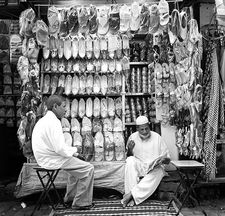 Chiara Goia
Chiara Goia Chiara Goia, Photographer. Extraordinary photographs!
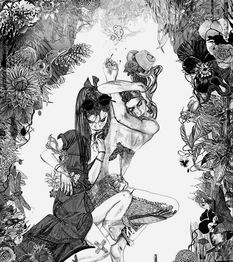 Beata Boucht
Beata Boucht Beata Boucht, Illustrator
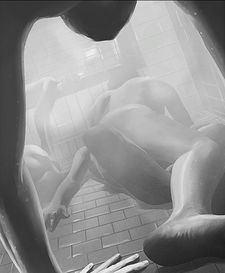 Owen Freeman
Owen Freeman “The color of the pool’s rocks, doubtless the saddest color I saw in the course of our expeditions, comparable only to the color of some faces, workers in the hallways, whom I no longer remember, but who were certainly there” (101).
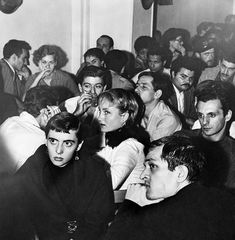 Weegee
Weegee Weegee/ICP/Getty, Archive
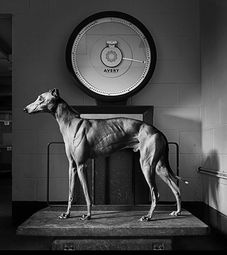 Tim Flach
Tim Flach Tim Flach, “Kinda Ready”
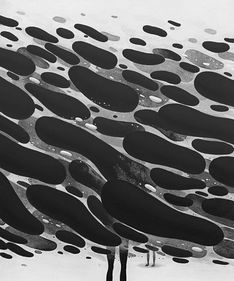 Brendan Monroe
Brendan Monroe Brendan Monroe, Illustrator
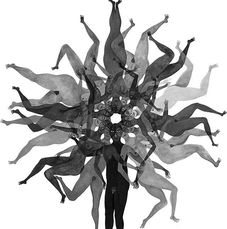 Balint Zsako
Balint Zsako Balint Zsako, Illustrator
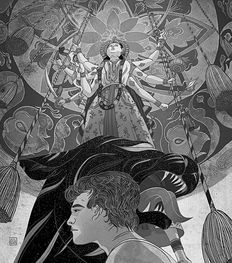 Victo Ngai
Victo Ngai Victo Ngai, Illustrator
 Goodman, Cornett, Thornton
Goodman, Cornett, Thornton “You cycle through your passwords. They tell the secret story. What’s most important to you, the things you think can’t be deciphered. Words and numbers stored in the lining of your heart” (62).
Timothy Goodman, Lettering
Grant Cornett, Photographer
Lawrence Thornton/Getty, Archive
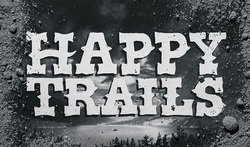 Goodman, Cornett
Goodman, Cornett “Then at the graveside, as the starlings pulled down the sun and the mosquitoes raised the moon, it was just my mother and me. She whisper-sang an old mourning song” (65).
“Standing in the cemetery, I felt like the only Indian that mattered and the only Indian that didn’t. I was alive, damn it, and I planned to live longer than every other Indian in the world” (65).
Timothy Goodman, Lettering
Grant Cornett, Photographer
Art Wolfe/Getty, Archive
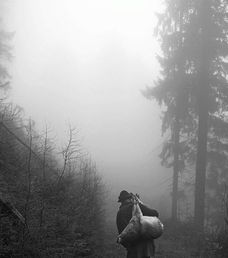 Chris Steele-Perkins/Magnum
Chris Steele-Perkins/Magnum “She stopped to listen more closely, to see if she could hear something new through the wind. A pure singing note rose, high and sustained, then another, in a kind of courtly diction. ¶ Wolves” (68).
Chris Steele-Perkins, Photographer
Magnum Photos
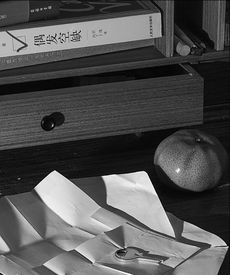 Grant Cornett
Grant Cornett Grant Cornett, Photographer.
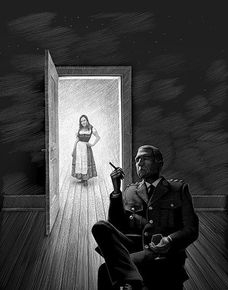
“The Colonel himself, who seems increasingly removed from the events around him, as if, with a placid smile, communing with the beyond, would, should things go wrong (does he hear a whimper? A slap?), undoubtedly disavow his involvement and betray his own conspiracy” (65).
“But we are characters who do not exist, in a story composed by no one from nothing. Can anything be more pitiable? No wonder we all are grieving” (65).
Coover’s The Brunist Day of Wrath is recently out from Dzanc Books.
Scott McKowen, Illustrator
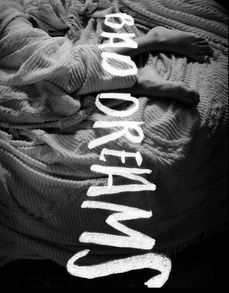 Eric Ogden
Eric Ogden “Perhaps it would be funny when her parents saw it in the morning. At any rate, nothing--nothing—would ever make her tell them that she’d done it. They would never know, and that was funny, too” (103).
“Nothing--nothing—would ever make her acknowledge what he’d done, or the message he’d left for her, although when he saw the room restored to its rightful order, he would know that she knew” (105).
“The child was insistent, though, that she needed to start reading it all over again, from the beginning. Her mother took the book away and chivvied her along” (105).
Hadley’s novel Clever Girl will be out early in 2014.
Eric Ogden, Photographer
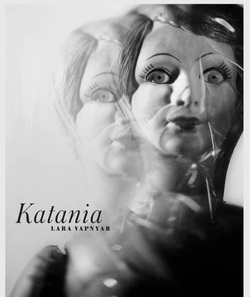 Clang
Clang Clang, Photographer
Trunk Archive
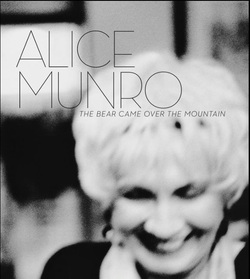 Bryan Adams
Bryan Adams Bryan Adams, Photographer
 Grant Cornett
Grant Cornett “I’ve always enjoyed the idea of nonexistence. I view pets with extraordinary suspicion: we need to stay out of their lives. I saw a woman fish a little dog out of her purse once, and it bothered me for a year. It’s not that there’s anything wrong with my ability to communicate: I have a cell phone, but I only use it to call out” (99).
Grant Cornett, Photographer
 Merlin
Merlin “He would walk around to the front door. He would take a seat at the mahogany table. The house girls would place his breakfast before him, and he would eat it zestfully, the same way he always ate it, the way he would have eaten it if today were just another ordinary day” (71).
Merlin, Illustrato
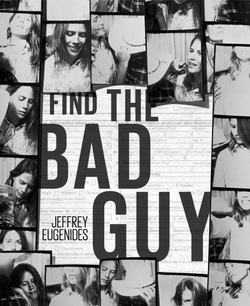 Jens Mortensen
Jens Mortensen “What you have to realize, as a couple, is that there is no bad guy. You can’t win an argument when you’re married. Because if you win, your spouse loses, and resents losing, and then you lose, too, pretty much” (72).
“That’s what Johanna and I were doing, going to marital therapy. We were living through an Ice Age, armed with bows and arrows. We had wounds from previous skirmishes. All we had if we got sick were some medicinal herbs. There’s a flint arrowhead lodged in my left shoulder. Ouch. But we had this ember box with us, and if we could just get it somewhere—I don't know, a cave, or a stand of pines—we could use this ember to reignite the fire of our love” (74).
“It’s just checking in with each other. Doing little kindnesses for each other. At breakfast, you pass the jam. Or, on a trip to New York City, you hold hands for a second in a smelly subway elevator. You ask ‘How was your day’ and pretend to care. Stuff like that really works” (76)
Jens Mortensen, Photographer
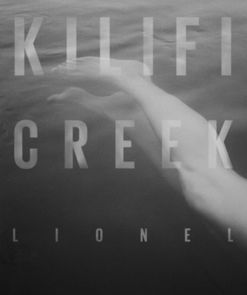 Eric Ogden
Eric Ogden “It was funny how when some little nothing went down you played it for all it was worth, but when a truly momentous occurrence shifted the tectonic plates in your mind you kept your mouth shut” (115-6).
Eric Ogden, Photographer
Trunk Archive
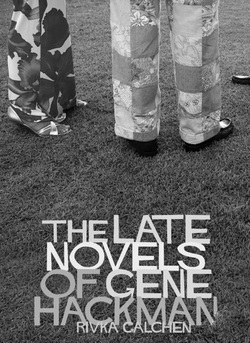 Jamie Kripke
Jamie Kripke Jamie Kripke, Photographer
Awesome photographs!
 James Casebere, John Brownjohn
James Casebere, John Brownjohn James Casebere, Photographer
John Brownjohn, Design
ON FRIDAY READ "The Stories I Least Liked and Why"


 RSS Feed
RSS Feed